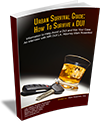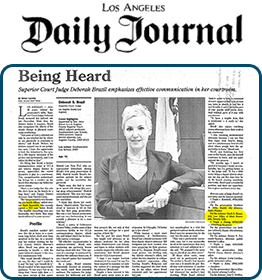Answer: An ignition interlock device is a machine or instrument that gets installed into a person’s car; it gets hardwired into the car’s system and if it’s installed properly does not cause any permanent damage or affect the car in any negative way. But the machine is designed to screen for alcohol in the human breath and an ignition interlock device machine can be set for certain levels, so if someone were to have an estimated blood alcohol level of 0.01 or 0.02, the ignition interlock device would stop the person from being able to start the car.
It’s important to know that the ignition interlock devices will not cut off a car, so if you’re driving down the street and somebody blows into an ignition interlock device in a car that’s already running, it’s not going to stop the car from running but it will store that information and it could report it to the service provider and possibly to the court. But ignition interlock devices are usually small, handheld devices with a wire that runs underneath the dash of the car. Ignition interlock devices are actually required of anybody in Los Angeles County that’s convicted of driving under the influence.
There are four pilot counties in California: Los Angeles County is one of the pilot counties. Anybody convicted of a DUI in Los Angeles would be required to install an ignition interlock device in their car for some period of time, whether that’s a first time DUI or a multiple offense. And of course there are fees associated with it. The ignition interlock companies charge installation fee, a removal fee and they often charge a monitoring fee to check the equipment on a regular basis.






 Personal Attention
Personal Attention








